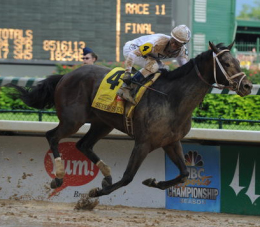
The mythical Alligator Horse – half horse and half alligator – is a symbol for the tough Kentucky frontiersmen, under General Andrew Jackson, who drove the British Army out of New Orleans, in the War of 1812.
But the name also fits jockey and Louisiana native Calvin Borel, who won his third Kentucky Derby last Saturday in Louisville, aboard Super Saver.
“You don’t get lucky three times in four years,” said former jockey Gary Stevens, a three-time Derby winner and NBC racing commentator. “It’s genius what he’s doing.”
Borel, 43, grew up in Catahoula, LA, where he quit school in the eighth grade to work for his older brother, Cecil, a trainer who specialized in bush track races. It was Cecil, according to Borel, who taught him that the inside rail affords the shortest trip around a racetrack.
At 16, Borel became a licensed rider. “I was born to ride,” he said. “This is what I wanted to do all my life.”
By 1995, Borel was the top rider at Oaklawn Park in Hot Springs (he’d won the Arkansas Derby in 1993 on 108-1 shot Rockamundo – another rail trip) and was taking mounts at Churchill Downs.
“He’s a great rider everywhere, but he’s five lengths better at Churchill Downs,” said trainer Todd Pletcher, enjoying his first Derby win in 25 tries. “I don’t think I’ve ever had a jockey come to the paddock more focused. He was in the zone.”
Borel was 14th nationally with purse earnings of $9.2 million in 2009 and was leading rider at Churchill Downs. In the eight-day period from April 24 through May 2, 2010, he had racked up 11 wins, 6 seconds, and 4 thirds from 38 starts at Churchill Downs and earned $2,081,035.
This and that…
More than 7,000 men from Kentucky served in the War of 1812 and one-fourth of Jackson’s command at the Battle of New Orleans consisted of Kentucky riflemen. Samuel Woodworth wrote some lyrics about the Kentuckians’ stand that included the refrain:
A bank was rais’d to hide our breasts,
Not that we thought of dying,
But that we always like to rest,
Unless the game is flying.
Behind it stood our little force,
None wished it to be greater,
For ev’ry man was half a horse,
And half an alligator.
Set to music it became the campaign song for Andrew Jackson’s presidency and was popular throughout both of his terms in the White House.
More music about the Battle of New Orleans …. Those of us who were around in the 1950s remember Johnny Horton’s version of The Battle of New Orleans. Here’s a pretty corny Ed Sullivan Show rendition complete with alligator cannon and Johnny Horton.
More lore about alligators … It used to be rumored that Texas Quarter Horse owners were reluctant to race at certain Louisiana tracks because the starting gates were apt to have been rubbed with fresh alligator skins before the start of the races. While Cajun horses had been schooled on the scent, Texas horses were unnerved by it.
Louisiana State Dog … Before Calvin Borel won his first Kentucky Derby, Catahoula, Louisiana’s most famous citizen was the State Dog. Revered for centuries as a hunting dog, the Catahoula is said to have evolved from red wolves, mastiffs brought to Louisiana by the DeSoto expedition, and native Indian dogs. Jim Bowie, of Alamo fame, owned Catahoulas, and Teddy Roosevelt used them for hunting.
